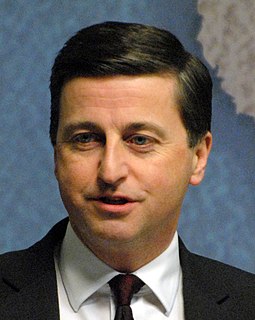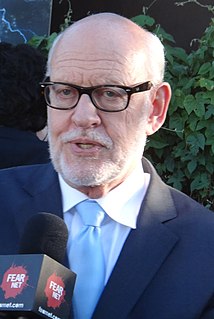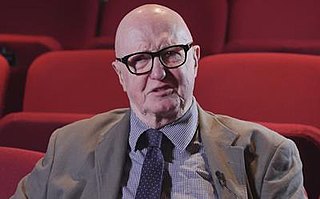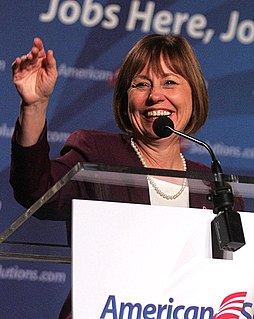A Quote by Douglas Alexander
There's no doubt that what has emerged in the years after 9/11, unlike the situation in Britain, there were practices sanctioned in the U.S. that fall far below the standard of conduct that should have taken place. It is for the American system of government, in all of its branches, to address that. It is not for a British politician.
Related Quotes
I have no idea what a British sensibility or a British sense of humor is. I have no concept of what that is. I have no concept of what American sensibility is. I was born in Great Britain, but I was only there for six months, and we moved to Belgium, where I grew up. I love Britain, I lived there for nine years doing shows and things, but I don't know what a British sensibility is. I'd like to have someone tell me what an American sensibility is.
From the 1920s into the 1940s, Britain's standard of living was supported by oil from Iran. British cars, trucks, and buses ran on cheap Iranian oil. Factories throughout Britain were fueled by oil from Iran. The Royal Navy, which projected British power all over the world, powered its ships with Iranian oil.
I have no doubt that if an actual ticking bomb situation were to arise, our law enforcement authorities would torture. The real debate is whether such torture should take place outside of our legal system or within it. The answer to this seems clear: If we are to have torture, it should be authorized by the law.
Even if someone wanted a purely free-market, competitive media system, it would require extensive government regulation to set up those markets. All our largest media companies are based on the grant of explicit government monopoly privileges and licenses, or franchises, or subsidies. The government didn't come in after the system was in place, it built the system in the first place.
Tax time approaches, and Americans are as always paying H & R Block billions to help them save some of their wealth from their ravenous government. Pitiful, in a way: it underlines the grim but
unacknowledged fact that the government is their enemy and they have to hire protection from it. But don't we enjoy 'self-government'? Well, if we have it, I'd hardly say we enjoy it. True, we aren't being taxed by the monarch of Great Britain, but our American-born rulers claim far more of our wealth than the British monarchs ever did.
In the late 1930s, both the British and American movie industries made a succession of films celebrating the decency of the British Empire in order to challenge the threatening tide of Nazism and fascism and also to provide employment for actors from Los Angeles's British colony. The best two were Hollywood's Gunga Din and Britain's The Four Feathers...
By 18th century standards, they [Great Britain] were the freest, most dynamic, most willing to challenge tradition and authority. They had the highest wages and highest living standard, and probably the most engagement between the populace and the government of any country. Then the United States took those same qualities to the nth degree, and the British were suddenly appeared stodgy and tradition-bound.
If I'm not mistaken, that relationship [of Barack Obama] with Mr.[Bill] Ayers on this board continued after 9/11 and after his reported comments, which were deeply hurtful to people in New York and, I would hope, to every American, because they were published on 9/11, and he said that he was just sorry they hadn't done more.
We're talking about a militant terrorist situation, which I believe it isn't a widespread thing, but it is enough that we need to address, and we have been addressing it. My thoughts are these, first of all, Dearborn, Michigan, and Frankford, Texas are on American soil, and under constitutional law. Not Sharia law. And I don't know how that happened in the United States. It seems to me there is something fundamentally wrong with allowing a foreign system of law to even take hold in any municipality or government situation in our United States.

































